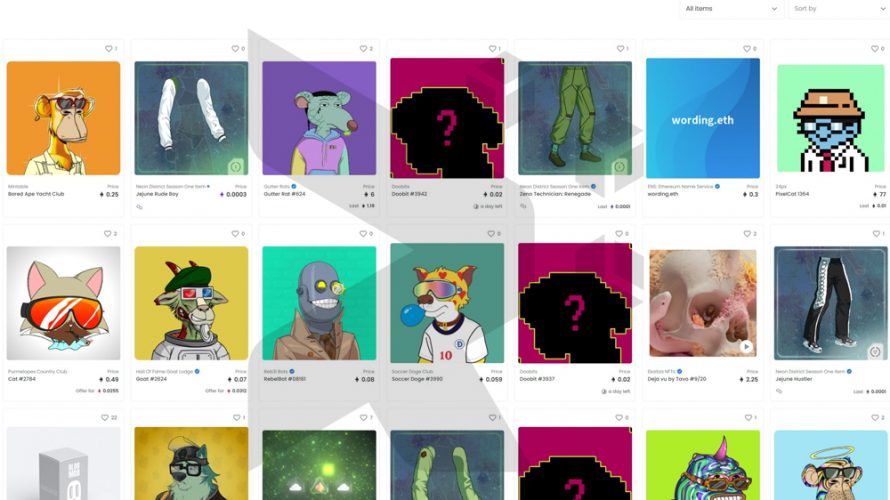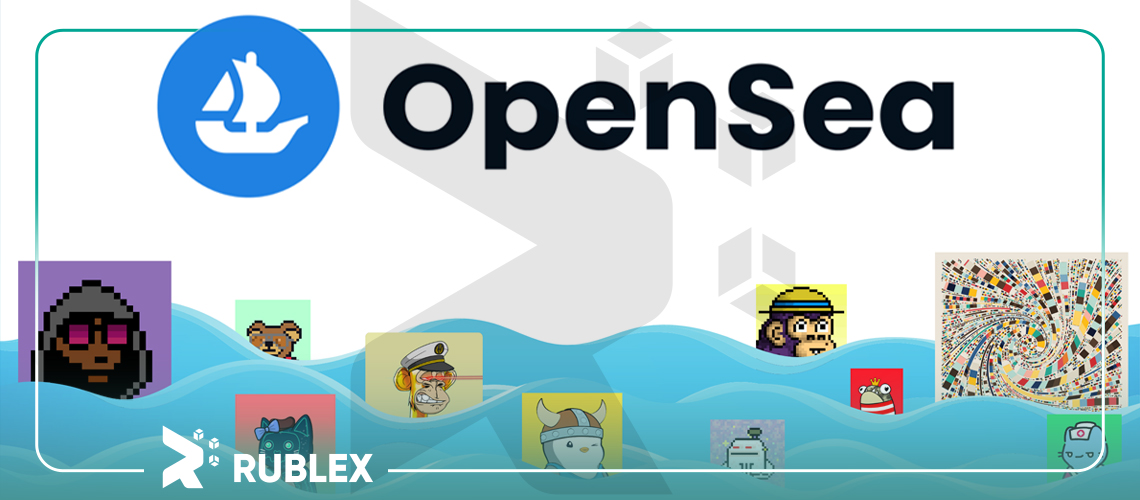Yuga Labs, the force behind the renowned NFT collection Bored Ape Yacht Club (BAYC), is preparing to discontinue its support for OpenSea due to changes in the platform’s royalty model.
In a tweet on Saturday, Yuga Labs revealed its intention to phase out support for OpenSea after the upcoming removal of Operator Filter, an on-chain tool for enforcing creator royalties.
“Yuga Labs will initiate the process of gradually discontinuing support for OpenSea’s SeaPort for all upgradable contracts and upcoming collections. Our goal is to complete this transition by February 2024, in alignment with OpenSea’s timeline,” the announcement stated.
OpenSea introduced the Operator Filter in November of the prior year, allowing creators to ensure that their NFTs’ secondary sales occurred exclusively on platforms that upheld creator royalties.
This mechanism effectively excluded platforms like Blur from participating in such transactions. Nevertheless, OpenSea recently announced its intention to “sunset” the Operator Filter by the end of August.
The decision was based on factors including the tool’s lack of widespread adoption within the ecosystem, identified loopholes enabling platforms to bypass it, and resistance from creators.
In response to OpenSea’s move, Yuga Labs shared on Twitter its plan to gradually phase out its utilization of OpenSea’s Seaport marketplace smart contract.
The company restated its commitment to safeguarding creator royalties, ensuring equitable compensation for creators’ artistic contributions.

On @opensea's decision to sunset their Operator Filter. pic.twitter.com/ahc155WWkX
— Yuga Labs (@yugalabs) August 18, 2023
BAYC Community Shows Solidarity with Yuga Labs’ Move
Yuga Labs’ announcement was met with enthusiastic support from the Bored Ape Yacht Club (BAYC) community, as well as content creators and founders of other prominent NFT initiatives like EllioTrades and Alex Becker.
Dotta, CEO and co-founder of the Forgotten Runes Wizards Cult NFT project, lent their endorsement to Yuga Labs’ decision, emphasizing the creators’ ability to shift towards marketplaces that prioritize fair royalty distributions.
“Collective creator influence can drive the shift to platforms that honor royalty payments,” they expressed in a recent tweet. “Yuga’s pioneering step is the ignition that the movement required.”

Yuga is banning OpenSea in light of their choice to stop enforcing creator royalties
— dotta (@dotta) August 18, 2023
You love to see it
Like I mentioned yesterday, OpenSea taught us how to filter exchanges with bad behavior by giving us the OperatorFilter registry
Those of us that implemented it, now plan on…
Similarly, Luca Netz, the CEO behind the Pudgy Penguins NFT project, hinted that their endeavor might take a similar path as Yuga Labs.
The topic of creator royalties has generated division within the NFT community over the past year.
Initially, enforcing creator royalties was a standard practice during the NFT surge in 2021.
However, platforms like Blur entered the market in October 2022, introducing a fee-free trading approach alongside an optional creator royalty payment structure.
This disruption in the market led to reduced trading fees and royalty percentages as platforms competed for user engagement.
Currently, a clear schism exists within the NFT community: some prefer the cost-efficient trading model provided by platforms like Blur and advocate for innovative compensation methods for creators, while others staunchly advocate for maintaining the practice of paying royalties.





